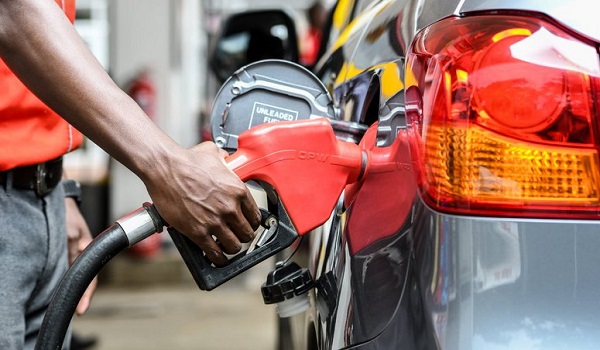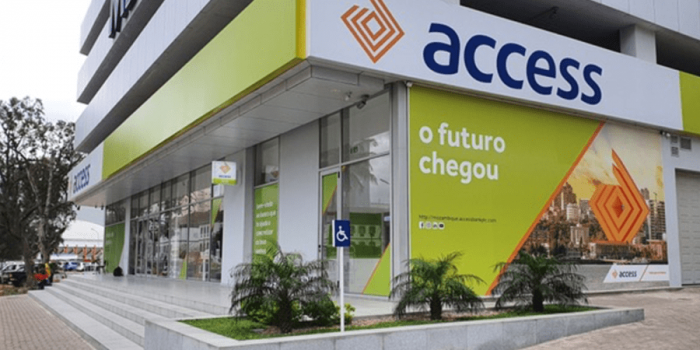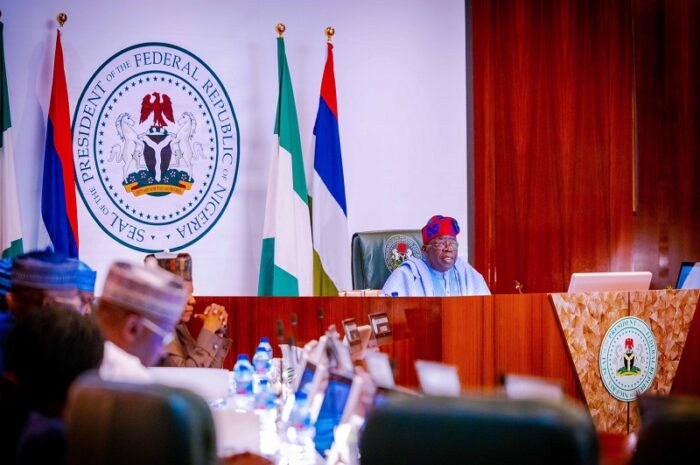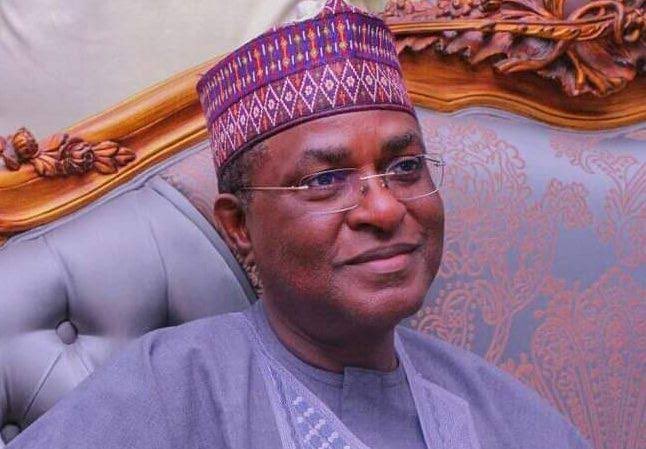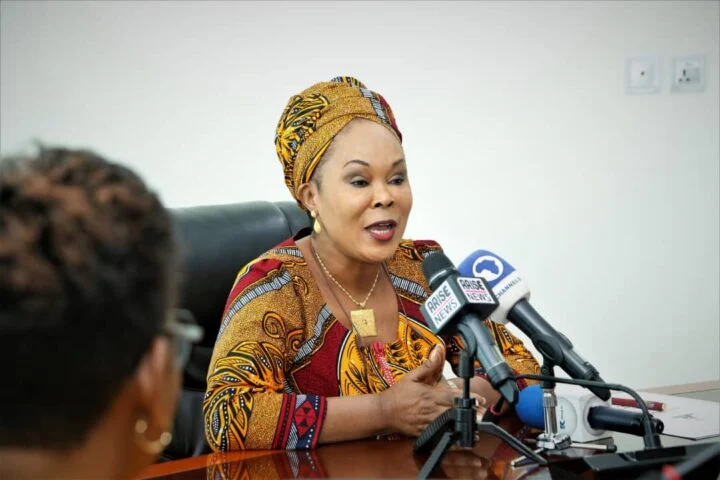In his inaugural speech as Nigeria’s fifth president in the fourth republic, Bola Ahmed Tinubu said there was no provision for subsidy in the national budget and “it would have to go”.
In a knee-jerk reaction, marketers and operators instantly increased fuel pump price from N210 to N510.
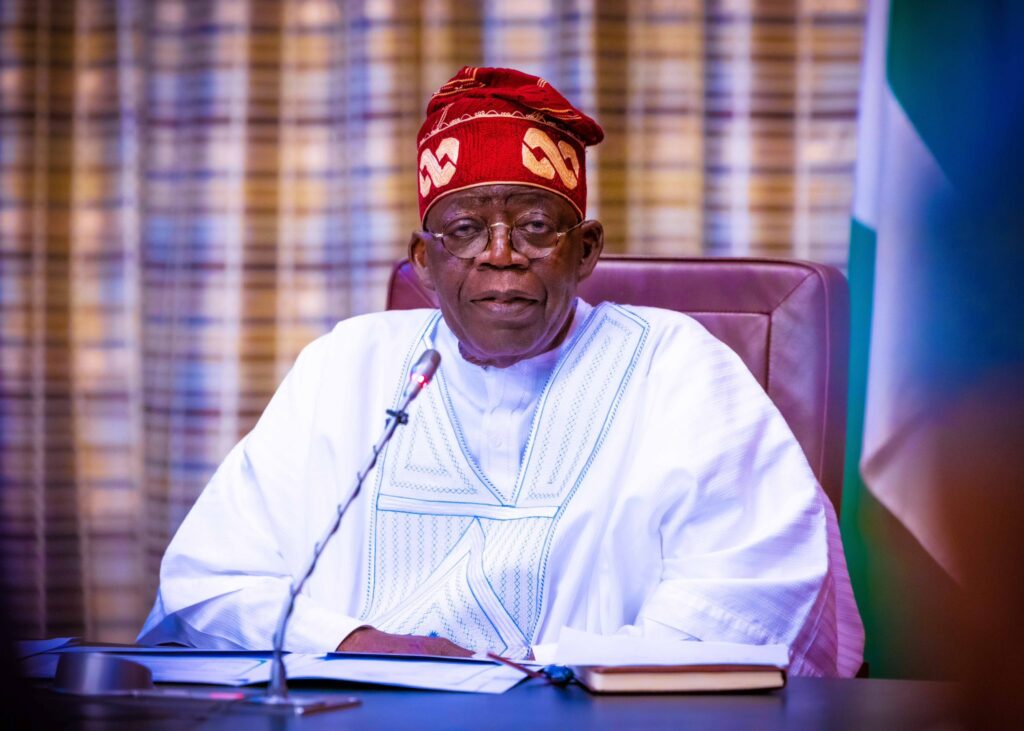
The announcement led to an astronomical increase in the prices of commodities and transportation fares also skyrocketed. With the increase, commuters were forced to pay double the amounts they used to spend on transportation daily.
READ ALSO: TIMELINE: Nigerian Presidential Election Results and Court Rulings From 1999
Inflation rate in Nigeria also rose to 22.79 percent.

As Nigerians were gradually coming to terms with their new reality, news again emerged that oil marketers had further increased fuel pump price to N617 per litre on Tuesday.
While addressing the public, Mele Kyari, the managing director and chief executive officer of the Nigerian National Petroleum Company Limited (NNPCL), attributed the latest pump price increase to market forces.
The latest action meant that fuel price has increased by approximately 300 percent since Tinubu assumed office as president in May.
Here is a timeline of how pump prices have been increased by the various administrations since Nigeria returned to democratic governance in 1999.
OLUSEGUN OBASANJO (N20 IN 1999, N75 BY 2007)
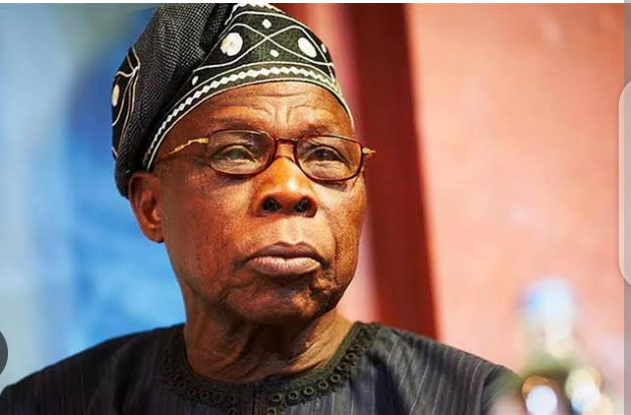
Before handing over power to Olusegun Obasanjo as Nigeria’s first democratically elected president in the fourth republic on May 29, 1999, fuel price under the government of Gen. Abdulsalam Abubakar, the country’s last military head of state, stood at N20 per litre.
After spending a year in office, Obasanjo’s government increased the price from N20 to N30 on June 1, 2000. Following a nationwide protest by the organised labour, the administration was forced to reduce the price to N22 on June 8.
READ ALSO: NNPCL: Why Petrol Price Increased
The new price lasted just two years as the same government again increased the price from N22 to N26 on January 1, 2002. In October 2003, the price was further increased by the same government from N26 to N42.
While marking his fifth year in office as the country’s number one citizen, Obasanjo again increased the pump price from N42 to N50 on May 29, 2004.
On August 25, 2004, the former army general’s administration further increased the price to N65 per litre.
Two days before his government handed over power to Umar Musa Yar’Adua, the then newly elected president, Obasanjo’s government further increased the pump price from N65 to N75. This happened on May 27, 2007.
UMAR MUSA YAR’ADUA (JUNE 2007 TO JANUARY 2012, N65 PER LITRE)
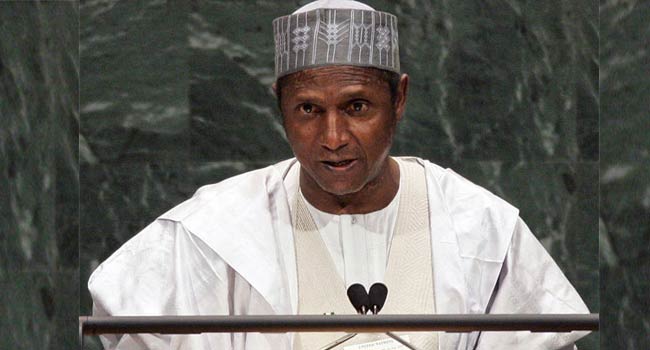
After taking over from Olusegun Obasanjo on May 29, 2007, Umar Musa Yar’Adua reduced pump price from N75 to N65 per litre.
READ ALSO: ‘Prices Will Continue to Fluctuate’ — NNPCL Reacts to New Petrol Rates
The action marked the first time a sitting Nigerian president wilfully reduced the price without being forced to do so by the way of a nationwide protest. The pump price remained that way under Yar’Adua till he died on May 5, 2010.
Upon his death, Goodluck Jonathan, the then vice president, was sworn-in as president.
GOODLUCK JONATHAN (JANUARY 2012 TO MAY 2015, N65 TO N145)
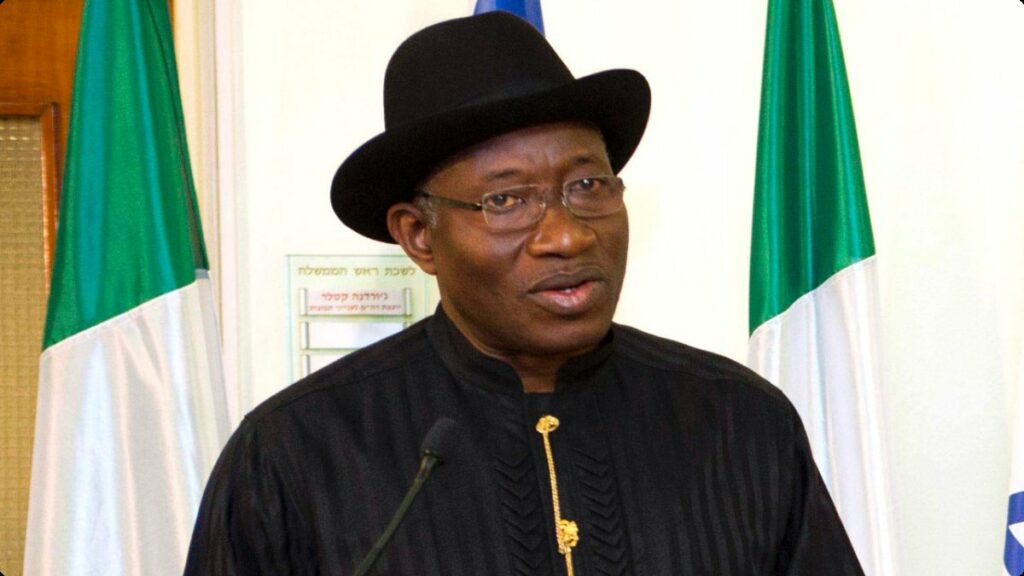
After completing the Yar’Adua era as Nigeria’s president in 2011, Goodluck Jonathan was elected into office and then started a fresh four-year tenure on May 29, 2011.
Throughout the year, fuel price remained at N65 until January 1, 2012, when Jonathan, during his new year address, announced that fuel subsidies had been removed, and that fuel price had also been increased to N141. The announcement led to a nationwide protest by the organised labour, student organisations, civil liberty movements and opposition parties.
The nation’s economic activities remained grounded for days as the Nigerian Labour Congress (NLC) and the Trade Union Congress (TUC) led a lengthy strike action. The socio-political protest movement during the period was tagged #OccupyNigeria.
READ ALSO: ‘Prices Will Continue to Fluctuate’ — NNPCL Reacts to New Petrol Rates
On January 17, 2012, Jonathan’s government later backtracked and reduced the price to N97. As a result of falling oil prices, the same administration further reduced the price from N97 to N87 on January 19, 2015.
MUHAMMADU BUHARI (2015 TO 2023, N87 TO N210)
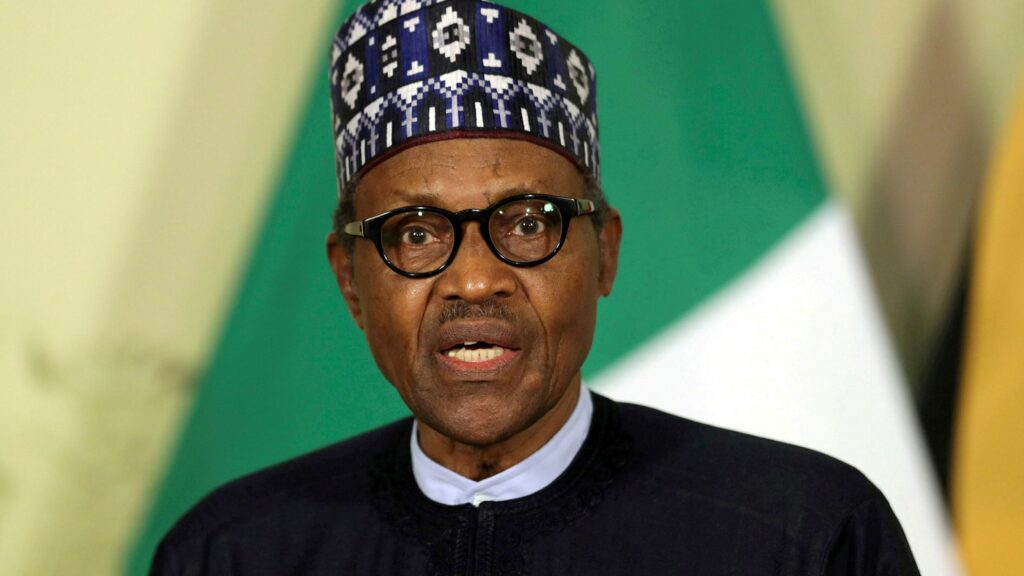
After he was sworn-in as Goodluck Jonathan’s successor on May 29, 2015, Muhammadu Buhari made himself Nigeria’s minister of petroleum resources to ensure transparency and accountability in the nation’s opaque oil sector.
At the time, Buhari had made a series of promises to Nigerians, including fixing the nation’s moribund refineries, passing the Petroleum Industry Bill (PIB) within one year, ending fuel importation and addressing the corruption in the subsidy regime.
READ ALSO: ANALYSIS: Voting Patterns in 2019, 2023 Presidential Elections
A year into his administration, Buhari took the nation by surprise when he increased the pump price from N87 to N145, with his government persuading Nigerians to accept the new price. After he was re-elected for a second term in office, fuel prices further increased to N161 per litre in 2020. In November of the same year, the price further rose to N170.
Before handing over to Tinubu on May 29, a litre of fuel sold for N210.
Subscribe
Be the first to receive special investigative reports and features in your inbox.


